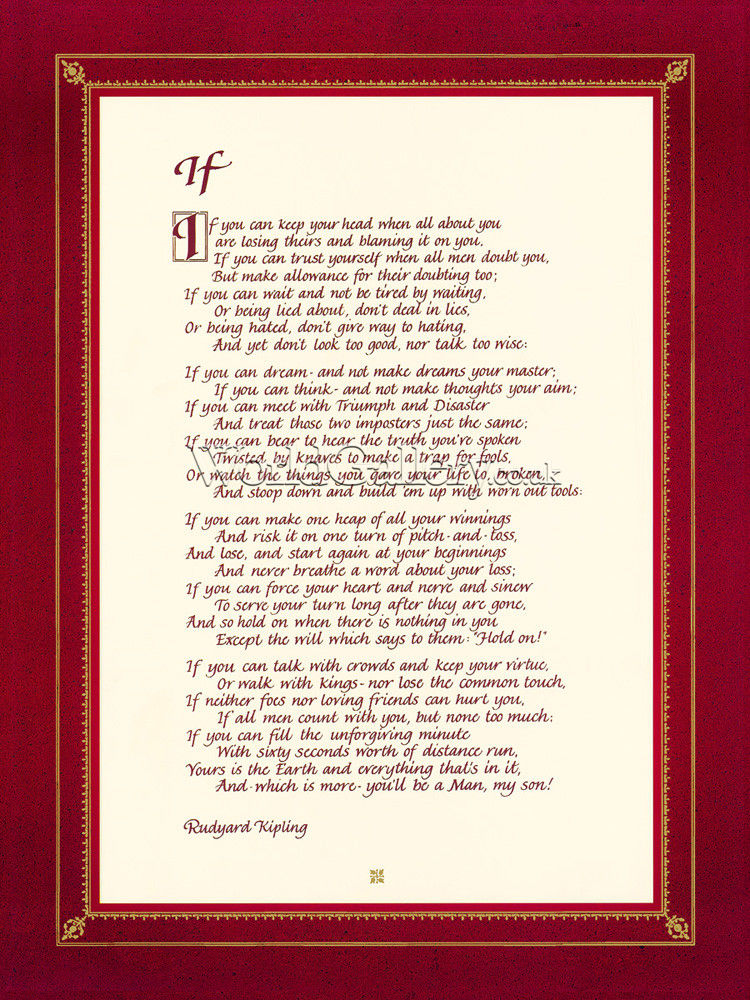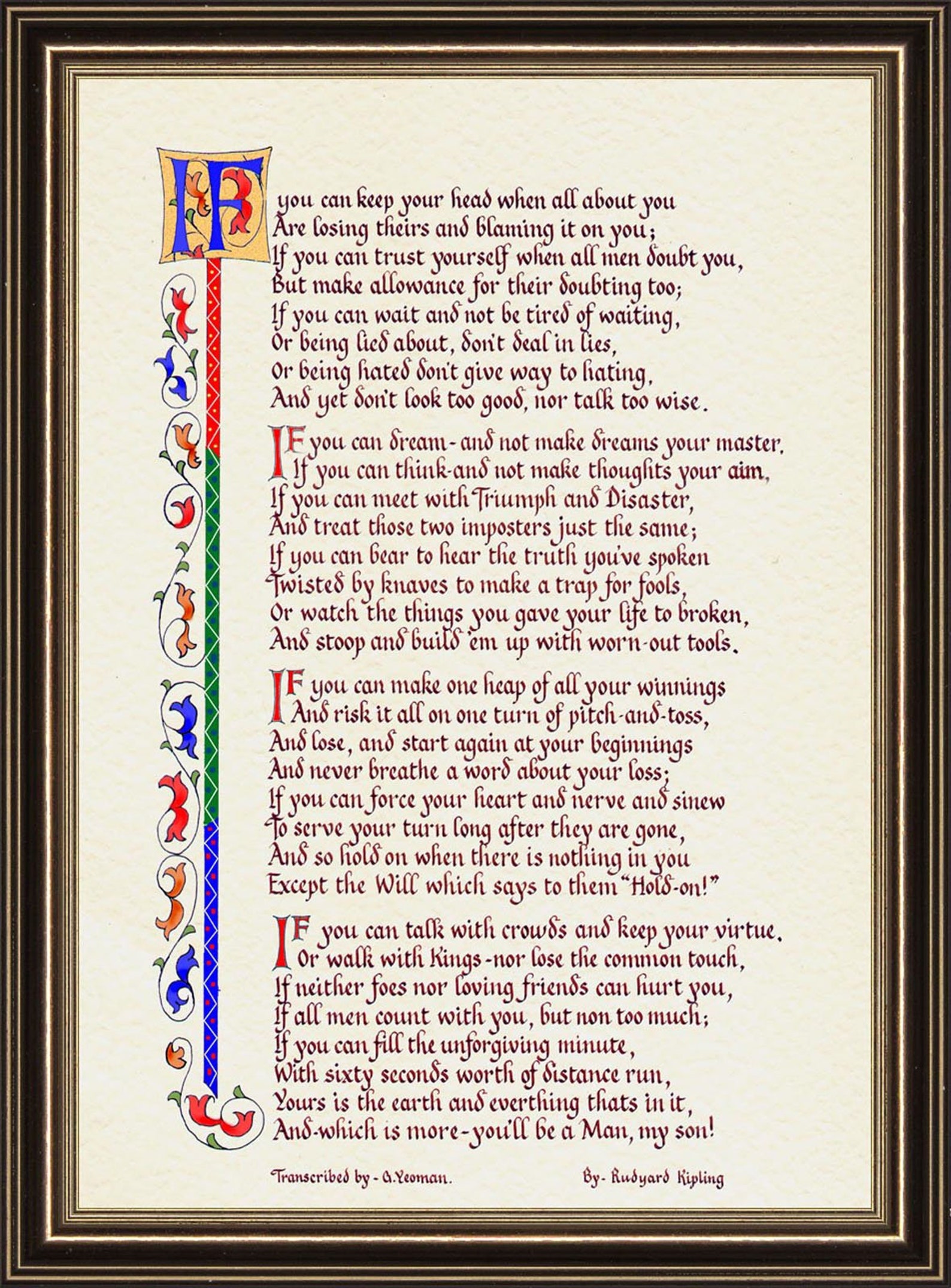


‘ Recessional’ is one of Rudyard Kipling’s best-known poems. This is when the “copybook headings” step in and refresh the combined consciousness of the world. Humanity is again lost without direction. The “Marketplace” gods fail, as the speaker predicted. There is a cycle in this poem that Kipling is interested in exploring. Even though people have drifted away from the copybook headings, they linger close to the human mind, ready for when they are needed. People forgot how to live their lives and the parts that make humanity human was lost. These past “gods” were replaced with new gods, those of “the Market Place,” or progress, growth, and wealth.

Humankind, the speaker thinks, was directed by a few tenants of common sense and goodness in the past. This is usually a quote or phrase which speaks on goodness or kindness. In these books, there is a heading at the top of the page. The word “copybook” refers to an exercise book that is generally used to practice a language. In this poem, the speaker discusses the malevolent nature of progress and humanity’s eventual return to the basic principles of a good life. If a reader does as the speaker has suggested, he declares that they will be set to conquer the world and become a “Man”. Every scenario is followed by a solution. The “If” portion of the poem is complemented by the “then” portion. Anything can upset one’s life, and it is necessary to be prepared for when that happens. There are several examples in the text of adverse conditions one might come across, and how it is best to surmount them. It is inspired by nature and gives a reader advice on how to live their life. ‘If’ is perhaps Kipling’s most famous poem.


 0 kommentar(er)
0 kommentar(er)
